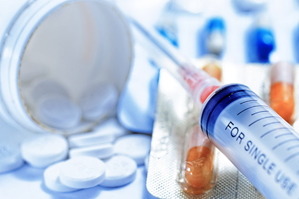
The testing technologies comprise immunoassay technique and chromatography technique, used for onsite as well as laboratory testing. Immunoassay tests are based on the antibody - antigen reaction which provides a relatively fast and straightforward way of determining if drug metabolites are present in the sample.
Drugs of abuse testing is often recommended by a physician or trained drug abuse counselor for monitoring the patient's treatment. An initial screening test will be done, followed by a confirmatory test on the sample before the specimen can be reported as positive.
The Research and Market report estimates that this evolving marketplace will provide exciting opportunities for a variety of new instruments, reagent systems, and auxiliary products such as specimen preparation devices, controls, calibrators and others.
This study:
- Is designed to help current suppliers and potential market entrants identify and evaluate emerging opportunities and develop effective strategic responses
- Explores future trends in the U.S. and highlights five major European countries, and Japan
The report also provides test volume and sales forecasts by country and market segment for the following assays: Amphetamines, Antidepressants, Barbiturates, Benzodiazepines, Cannabinoids/Marijuana, Cocaine, LSD, Methadone, Methaqualone, Opiates, Phencyclidine (PCP) and Propoxphene.
Key manufacturers mentioned in the study include Abbott Laboratories, AdnaGen/Alere, Agilent Technologies, Bayer Healthcare, Beckman Coulter/Danaher, Siemens, Sysmex and Thermo Scientific.


